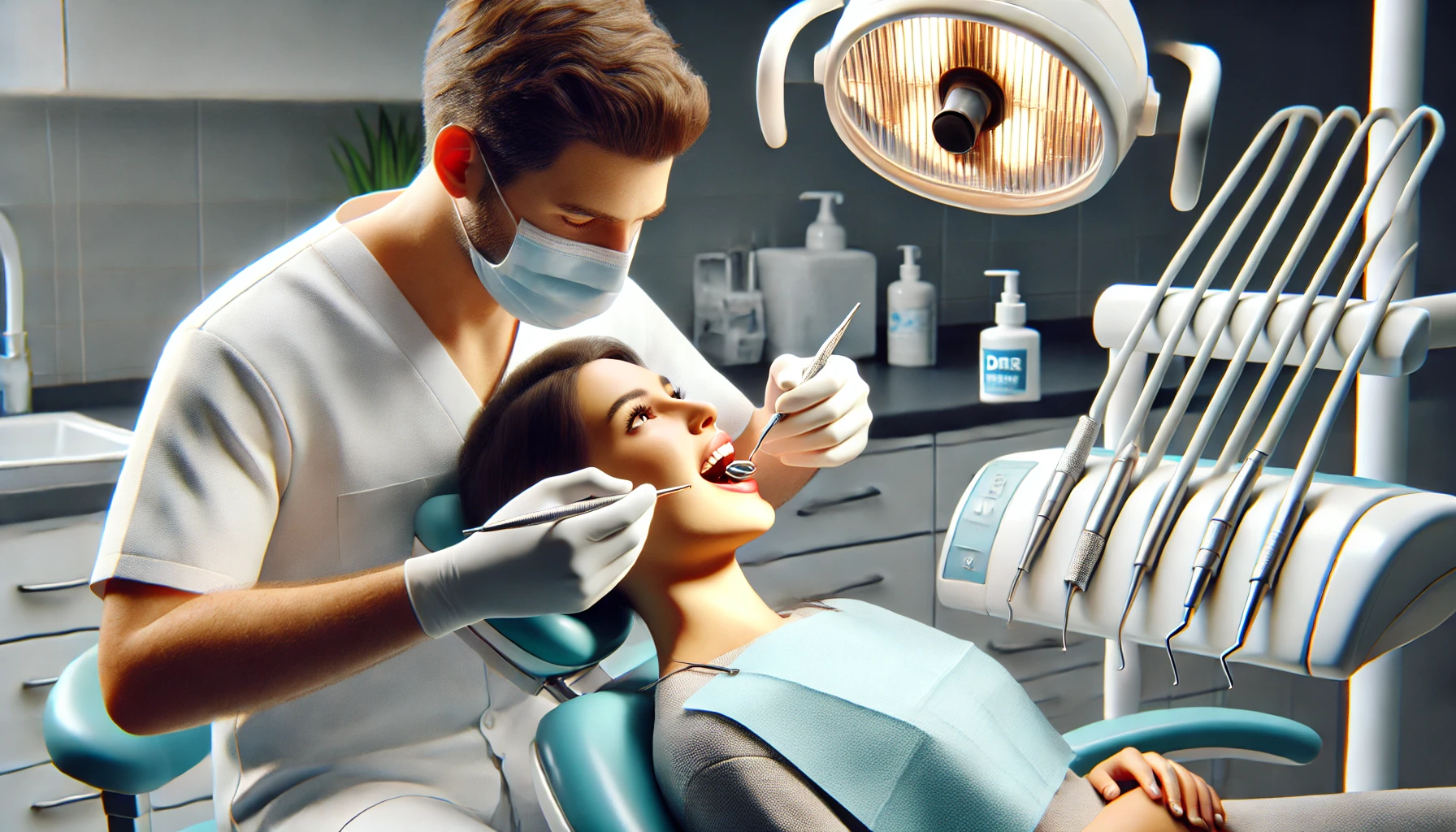Check out this answer from Consensus:
Affording dental care when you’re uninsured or unemployed can be challenging, but there are several strategies and resources available to help you access the care you need. From community health clinics to dental schools and nonprofit organizations, exploring these options can make dental care more affordable and accessible.
By understanding the impact of dental care on employment and the financial barriers that exist, you can better navigate the available resources and take proactive steps to maintain your oral health.
Dental care is essential for maintaining overall health, but it can be challenging to afford, especially if you are uninsured or unemployed. This article explores various strategies and resources that can help you access dental care without breaking the bank.
Understanding the Impact of Dental Care on Employment
Access to dental care can have significant social and economic benefits. Research suggests that timely dental treatment can improve employment outcomes by enhancing an individual’s appearance and self-confidence, which are critical factors in job acquisition and retention. However, the evidence supporting this hypothesis is limited and often based on small sample sizes and anecdotal reports1. More rigorous studies are needed to confirm these findings.
The Effect of Unemployment on Dental Insurance Coverage
The COVID-19 pandemic has exacerbated the issue of dental care affordability. As unemployment rates have surged, many individuals have lost their employer-sponsored dental insurance (ESDI). This loss of coverage has led to a decrease in routine dental visits and an increase in emergency dental procedures, such as tooth extractions, which are more common among uninsured patients2. States that have not expanded Medicaid or do not provide Medicaid dental benefits for adults are particularly affected.
Financial Barriers to Dental Care
Even with the expansion of health insurance under the Affordable Care Act, many Americans still face significant financial barriers to accessing dental care. Dental care presents the highest level of financial barriers compared to other types of health care services. This is particularly true for adults, as dental coverage for them is not guaranteed under Medicaid3. As a result, many individuals have unmet oral health needs due to the high cost of dental services.
Strategies to Afford Dental Care
1. Community Health Clinics
Community health clinics often provide dental services on a sliding scale based on your income. These clinics are a valuable resource for those who are uninsured or have low income.
2. Dental Schools
Dental schools offer reduced-cost dental care provided by students under the supervision of experienced dentists. This can be a cost-effective way to receive quality dental care.
3. Medicaid and CHIP
If you qualify, Medicaid and the Children’s Health Insurance Program (CHIP) can provide dental coverage. While coverage for adults varies by state, children’s dental care is generally covered.
4. Nonprofit Organizations
Several nonprofit organizations offer free or low-cost dental care. Organizations like the Dental Lifeline Network provide services to those who are elderly, disabled, or medically fragile.
5. Payment Plans and Dental Discount Plans
Many dental offices offer payment plans that allow you to spread the cost of treatment over time. Dental discount plans are another option, providing reduced rates for dental services in exchange for an annual fee.
6. Preventive Care
Maintaining good oral hygiene through regular brushing and flossing can prevent many dental issues and reduce the need for costly treatments.
